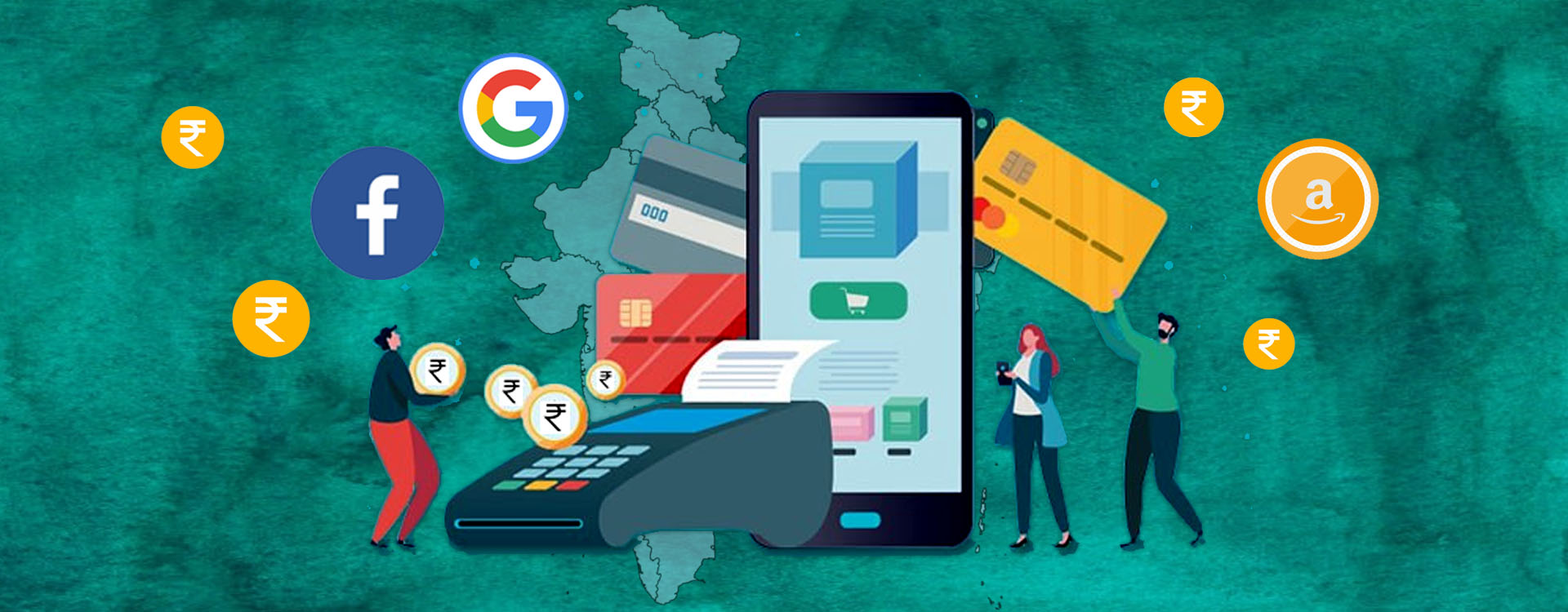The Reserve Bank of India (RBI) recently extended its deadline for the New Umbrella Entity (NUE) license to March 31, 2021. In their press release, they mentioned the requests they had received for extending the deadline from various stakeholders including Indian Banks’ Association keeping the COVID-19 related disruptions in mind. RBI is granting a license to NUEs in order to empower the digital payment system in India, which is directly linked to their goal of having a cashless economy. As the deadline extends, so does the list of contenders wanting to get the NUE license. The competition is cut-throat and first of its kind as RBI is expected to give just one or two licenses.
Why do technology giants want a piece of India’s digital payment?
With smartphone users in India reaching about 1 billion and online shopping and e-commerce sectors growing faster than ever, India’s fintech market is expected to see unprecedented growth. Credit Suisse Group AG predicted that the online payment industry of India will be worth $1 trillion by the year 2023.
RBI has bought the NUE model to shift the people of the country to digital payments instead of cash transactions as digital transactions are more transparent and easy to track compared to cash ones. Currently, only the National Payments Corporation of India (NPCI) is the sole pioneering umbrella organization backed by more than 50 retail banks. RBI has launched the NUE license as it feels the NPCI alone will not be able to handle the shift to a cashless economy. However, unlike the NPCI which is a non-profit, the companies who get the license to launch NUE will be to reap lucrative commissions on the digital transactions. The NUEs will effectively offer competition to the NPCI. With such exponential growth, Facebook, Amazon and Google along with credit-card providers Visa and Mastercard all want a piece of India’s digital payment markets.
How is the race currently progressing?
The fintech giants, along with the banks, are forming a consortium to get the license to launch NUE. Global tech giants Google, Facebook and Amazon are tapping into the NUE opportunity by partnering with Indian companies. Amazon has reportedly tied up with ICICI Bank, Axis Bank and Visa to send their application. The two Indian unicorn startups, Ola and Paytm have formed a consortium with IndusInd Bank to send their application as well. Jio Infosystems, Google and Facebook have also rumored to pick up a stake in So Hum Bharat. So Hum Bharat is a wholly-owned subsidiary of the financial technology company, Infibeam Avenues. The most recent proposal is of the Tata Group, which will back the proposed NUE through its subsidiary Ferbine Pvt Ltd. Airtel Digital, HDFC Bank, Kotak Mahindra, Mastercard and Nasper-backed PayU have also reportedly bought stakes in Fiberine.
What’s in it for me?
The ones who manage to get their license to launch NUE will play a huge impact on how digital payments will function. Anyone and everyone who uses online payments of any kind will be directly impacted by this. For startups who need payment gateways to complete their financial transactions, the NUEs will prove to be a game-changer.




